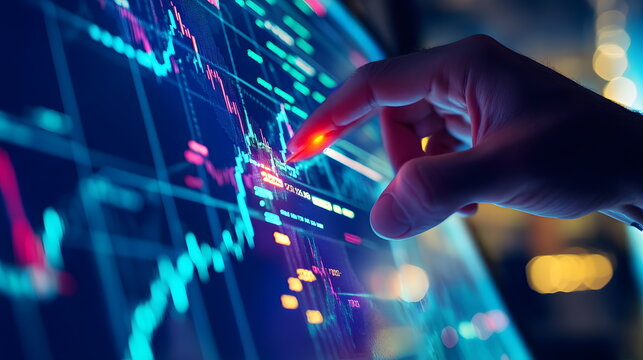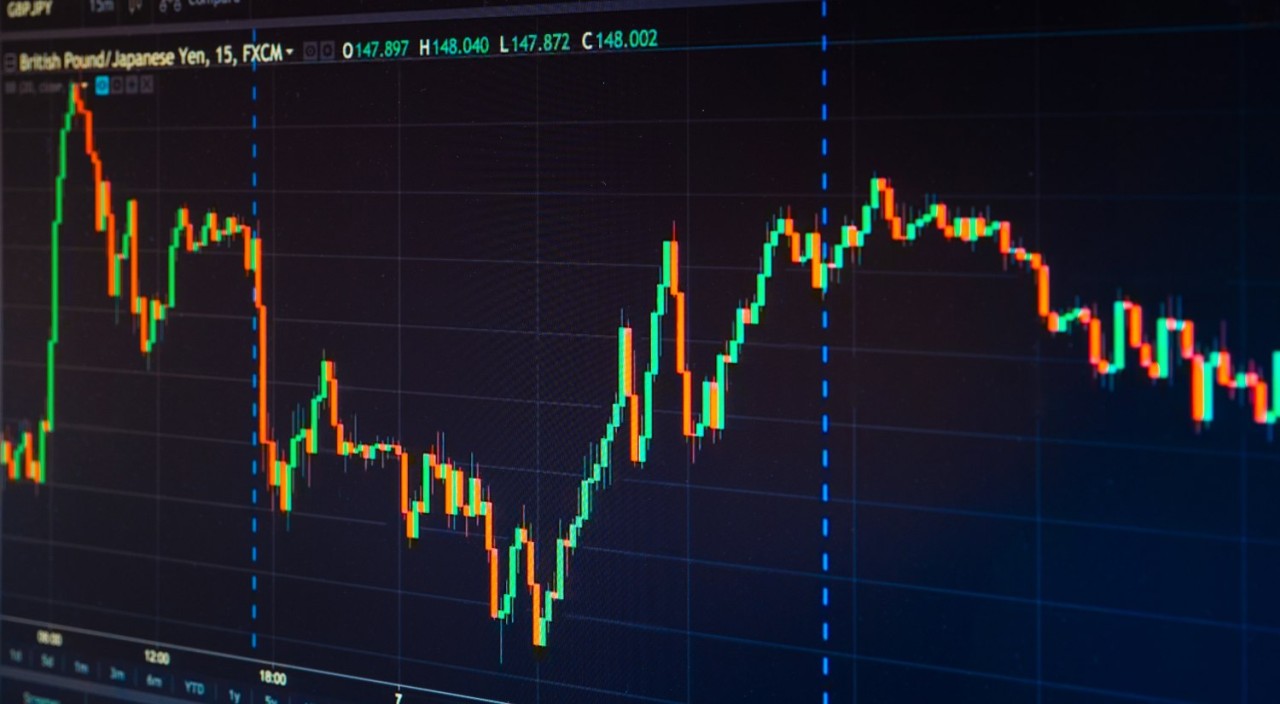Introduction
The financial markets are undergoing a profound transformation, driven by technological advancements, regulatory shifts, and evolving investor behaviors. Forex trading and financial investments are no longer limited to traditional market dynamics; they are now influenced by artificial intelligence, blockchain, algorithmic trading, and decentralized finance (DeFi).
As we look into the future, it is crucial to understand the innovations shaping these industries, the potential challenges ahead, and the opportunities that traders and investors can leverage to maximize profits and mitigate risks. This article explores the future of forex trading and financial investments, providing insights into the trends that will define the next era of financial markets.
1. The Rise of AI and Machine Learning in Forex Trading
1.1 AI-Driven Trading Strategies
Artificial intelligence (AI) and machine learning (ML) are playing a transformative role in forex trading. AI-powered trading bots and automated systems can now analyze large datasets, detect patterns, and execute trades with minimal human intervention. The evolution of AI-driven trading will make the markets more efficient, reduce emotional trading, and increase profitability for traders who adapt to these technologies.
1.2 Sentiment Analysis and Market Prediction
AI is improving sentiment analysis by scanning news articles, social media, and economic reports to predict market movements. Advanced machine learning models can process vast amounts of unstructured data to determine market sentiment, allowing traders to make data-driven decisions.
1.3 The Role of Quantum Computing in Forex
Quantum computing, though still in its infancy, has the potential to revolutionize forex trading by solving complex market calculations at an unprecedented speed. When this technology matures, traders using quantum algorithms will have an unparalleled advantage in executing precise trades.
2. Blockchain and the Decentralization of Financial Markets
2.1 The Emergence of Decentralized Finance (DeFi)
Decentralized finance (DeFi) is disrupting traditional financial systems by offering transparent and decentralized trading platforms that operate on blockchain technology. DeFi platforms allow users to trade currencies, lend assets, and participate in yield farming without the need for traditional banks or brokers.
2.2 The Impact of Stablecoins on Forex Trading
Stablecoins, such as USDT and USDC, are bridging the gap between fiat and digital currencies, providing forex traders with a more stable and efficient means of moving funds. As stablecoins gain mainstream adoption, they will reduce transaction costs and improve liquidity in forex markets.
2.3 Smart Contracts and Automated Trading
Blockchain-based smart contracts will enable automated trading agreements that execute themselves when predefined conditions are met. This will minimize counterparty risk and eliminate the need for intermediaries, making forex trading more secure and cost-effective.
3. Algorithmic Trading and High-Frequency Trading (HFT)
3.1 The Future of Algorithmic Trading
Algorithmic trading, also known as algo trading, is already a dominant force in forex markets. Future advancements will focus on enhancing trading models using deep learning, big data analytics, and self-improving algorithms that adapt to changing market conditions in real time.
3.2 The Ethical Dilemma of High-Frequency Trading
High-frequency trading (HFT) is controversial due to its ability to manipulate markets and create unfair advantages for institutional traders. Regulators may impose stricter laws on HFT to ensure a more level playing field in the future.
4. The Integration of Big Data and Predictive Analytics
The future of forex trading will be increasingly dependent on big data and predictive analytics. Traders will leverage historical data, macroeconomic indicators, and geopolitical events to refine their trading strategies and gain deeper market insights.
4.2 The Role of Cloud Computing in Financial Markets
Cloud-based trading platforms will continue to grow, allowing traders to access sophisticated analytical tools, AI-driven insights, and real-time data from anywhere in the world. This shift will enhance efficiency and scalability for retail and institutional traders alike.
5. Regulatory Challenges and the Future of Compliance
5.1 Stricter Forex Regulations
As forex trading continues to evolve, regulators worldwide are tightening policies to prevent market manipulation, fraud, and excessive leverage. The future will see more stringent KYC (Know Your Customer) and AML (Anti-Money Laundering) regulations that will reshape how forex brokers operate.
5.2 The Impact of Central Bank Digital Currencies (CBDCs)
Governments are exploring Central Bank Digital Currencies (CBDCs) to replace traditional fiat currencies. The widespread adoption of CBDCs could alter forex market dynamics by reducing the reliance on commercial banks for currency exchange.
6. The Future of Retail Trading and Investment Accessibility
6.1 The Democratization of Trading
With the rise of commission-free trading platforms and mobile investment apps, financial markets are becoming more accessible to retail traders. The future will bring more user-friendly platforms that integrate AI-driven insights and educational resources to empower individual investors.
6.2 Social Trading and Community-Based Investment Strategies
Social trading, where investors follow and copy the trades of experienced traders, is becoming more popular. Platforms like eToro and ZuluTrade allow users to engage in copy trading, making forex and stock markets more approachable for beginners.
7. The Role of Cryptocurrencies in Forex Trading and Investment
7.1 Bitcoin and the Shift to Digital Assets
As institutional adoption of Bitcoin and other cryptocurrencies increases, traditional forex markets will integrate more crypto-based trading pairs. The future may see a hybrid forex-crypto trading ecosystem where digital and fiat currencies coexist.
7.2 Tokenization of Assets and Investment Opportunities
The tokenization of traditional financial assets, such as stocks, commodities, and real estate, will allow for fractional ownership and increased liquidity in investment markets. This could redefine how investors engage with global financial markets.
Conclusion: Embracing the Future of Trading and Investment
The forex and financial investment landscape is evolving rapidly, driven by AI, blockchain, predictive analytics, and regulatory changes. Traders and investors who embrace these innovations will gain a competitive edge, while those who resist adaptation risk being left behind.
The future promises a more decentralized, data-driven, and technology-enhanced approach to trading, where automation, transparency, and accessibility redefine how individuals and institutions engage with financial markets.
As we move into this next era, staying informed, adopting cutting-edge tools, and maintaining a forward-thinking mindset will be the key to thriving in the ever-changing world of forex trading and financial investments.
Are you ready to embrace the next era of trading and investment? The future is here!








